Cellist Lynn Harrell, winner of the inaugural Avery Fisher Prize and two Grammy Awards had the ability to generate a penetrating richness of sound, and to communicate with tremendous personal warmth. A formidable technician, Harrell was appointed principal cellist of the Cleveland Orchestra under George Szell at the tender age of 20.
Lynn Harrell Plays Bach’s Cello Suite No. 3, “Sarabande and Bourree”
Musical Heritage
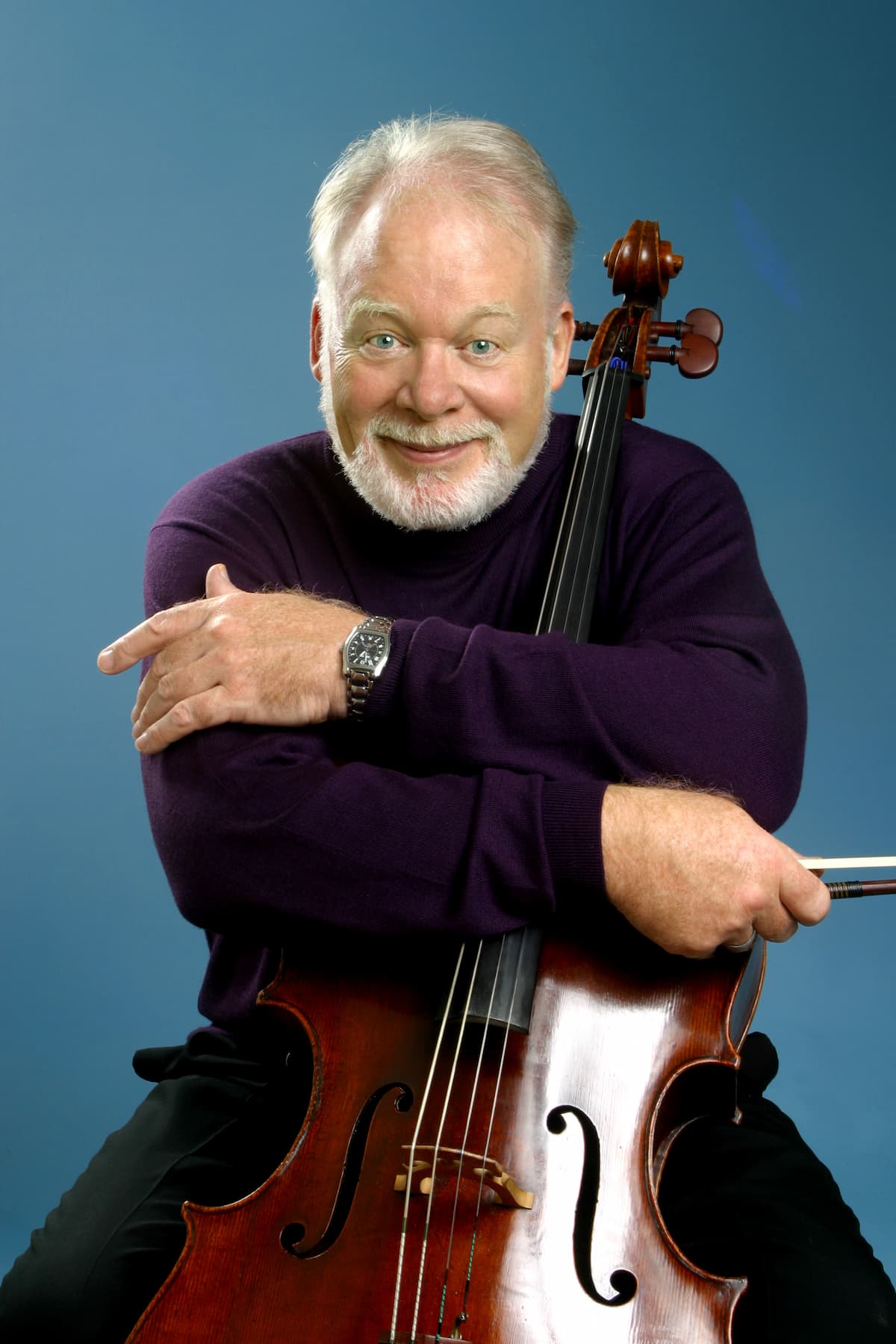
Lynn Harrell © Christian Steiner
Lynn Harrell was born on 30 January 1944 in Manhattan, New York City. His father Mack Harell was an American operatic concert baritone vocalist who was regarded as one of the greatest American-born lieder singers of his generation. His mother Marjorie McAlister Fulton was an American concert violinist and music educator of distinction, and unsurprisingly, Lynn started to take cello lessons at the age of nine.
When the family moved to Dallas, Texas, Harrell continued his studies with Lev Aronson while his father taught at Southern Methodist University. During summer holidays, the family spent time in Colorado, where his father was one of the founders of the Aspen Music Festival and School. Harrell moved on to the Juilliard School for studies with Leonard Rose and the Curtis Institute of Music with Orlando Cole. He was only 17 when he made his debut at Carnegie Hall.
Max Bruch: Kol nidrei, Op. 47 (Lynn Harrell, cello; Philharmonia Orchestra; Vladimir Ashkenazy, cond.)
Loss of Both Parents
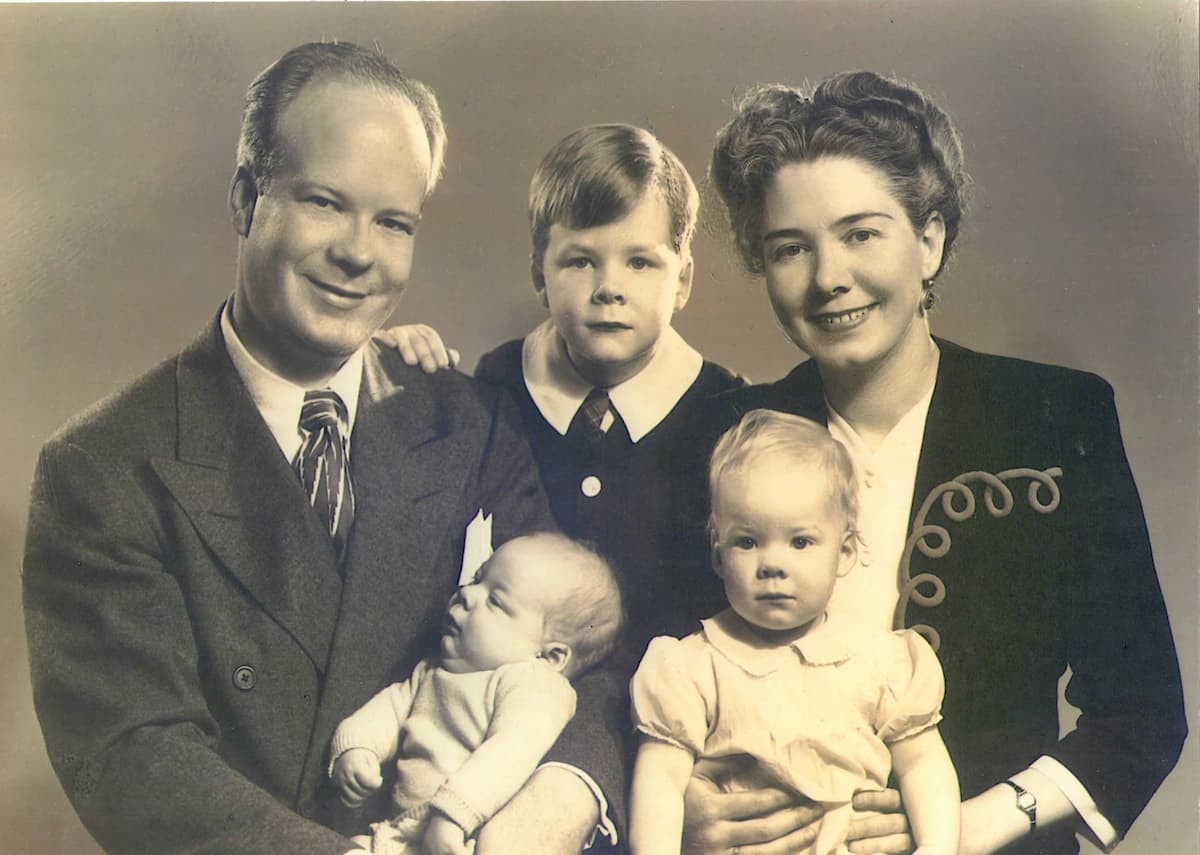
The Harrell Family
Lynn’s father died of cancer in 1960 and his mother perished in a car accident a couple of years later. As Harrell remembers, “ It took me a long time to come to terms with it. I was very lucky that, although I was the youngest of three children, I was more equipped than some, both emotionally and practically. I was already embarking on my career as a professional musician.”
Harrell had a trying relationship with his father, and he “didn’t really know him all that well.” There was very little emotional contact between them, and what there was, seems not to have been communicated very well. Harrell relates, “my father was a great musician and a great singer, and I learned an immense amount from him, but most of it post mortem, unfortunately.”
Lynn Harrell Plays Brahms’ Cello Sonata No. 2 in F Major
Leonard Rose
Lynn Harrell absolutely adored Leonard Rose as a cellist and a teacher. “There hasn’t ever been a cellist that played better than Leonard Rose,” he relates. “He could get a fat, deep, singing tone out of the cello, and he had a fabulous understanding of the mechanics of cello playing.” In addition, Harrell described Rose as a very supportive and warm person.
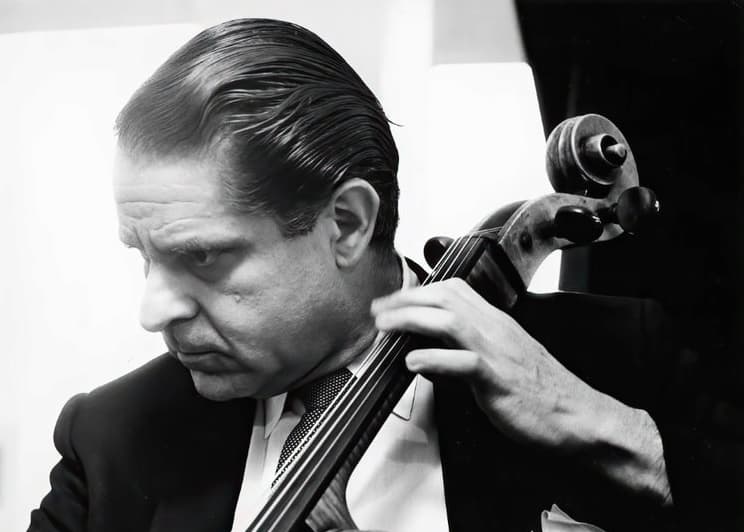
Leonard Rose
According to Harrell, Rose was highly sensitive to the different personalities of each student, letting them flower individually. “Both Yo-Yo Ma and I studied with him, and we play quite differently, which is a testament to Leonard Rose’s great teaching. We both have a very solid foundation technically, but we sound quite differently, which is partly because in our youth we had someone who was so open, free, and supportive.
Sergei Prokofiev: Cello Concertino in G minor, Op. 132 (Lynn Harrell, cello; Royal Philharmonic Orchestra; Vladimir Ashkenazy, cond.)
Orlando Cole
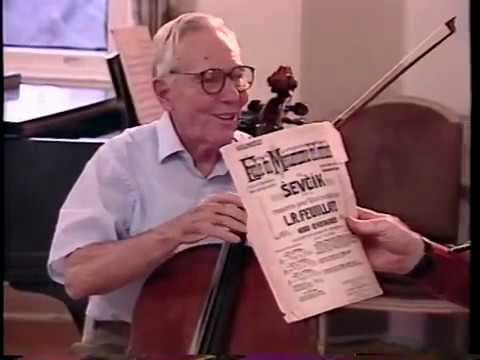
Orlando Cole
For Harrell, Cole was a great teacher by giving his students the security to express the passion of the music. “He knew it could be difficult to overcome the inhibition of the teen years, so he let you know that it was all right to let your hair really hang out. In fact, he helped us understand that the music really demands it and that the composers are crying out for it.”
Harrell became part of the Cole family, where everything revolved around great music, both logistically and emotionally. As Harrell explained in an interview, “they gave back to the composers by playing their music with heartfelt expression. This experience made a deep and lifelong impression on me.” For Cole, music was all about the experience of making it, “which meant a great deal to me at that stage in my life because there was just an honesty and straightforwardness to it.”
Felix Mendelssohn: Cello Sonata No. 1 in B flat major, Op. 45, MWV Q27 (Lynn Harrell, cello; Bruno Canino, piano)
George Szell
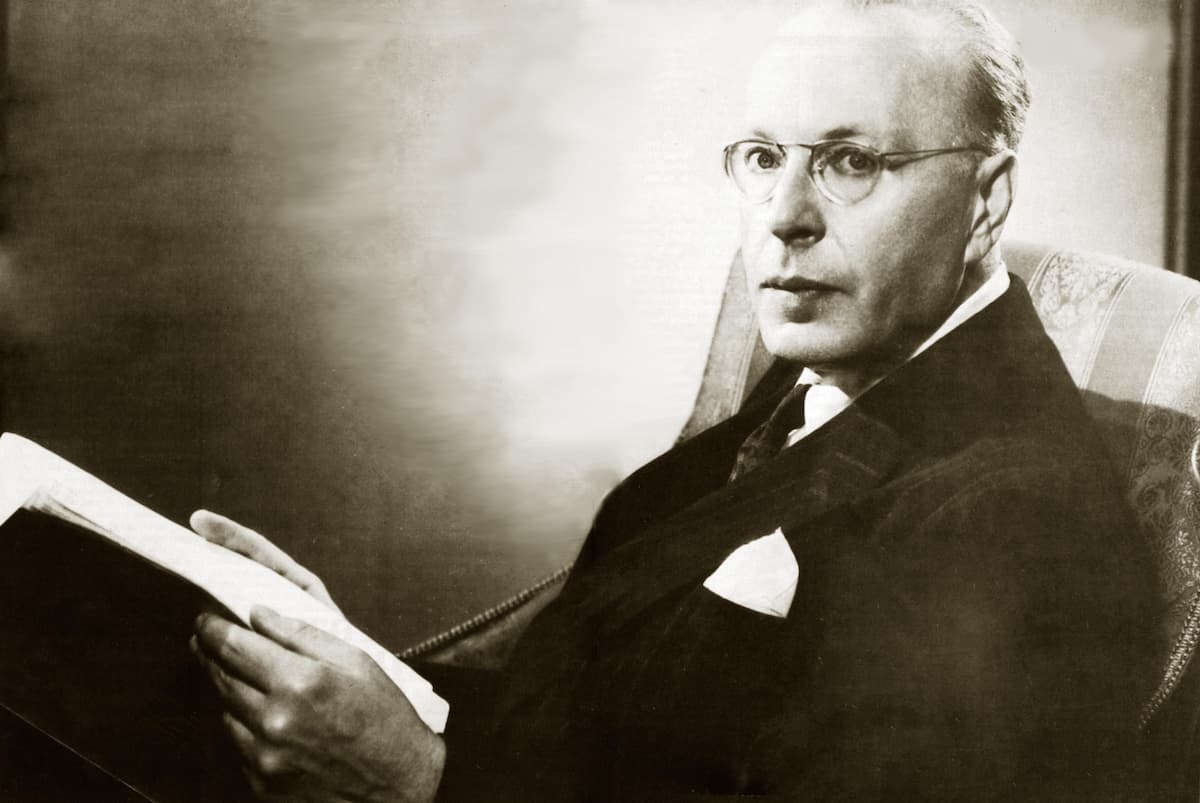
George Szell
It turned out that George Szell, long time music director of the Cleveland Orchestra had a tremendous influence on the young Lynn Harrell. As the cellist recalls, “he dared me to have pride in my playing. It wasn’t to be the old pride of narcissistically and aimlessly self-delighting in the trivia of instrumental playing. He wanted me to get immersed into the whole psyche and personality of the composer.”
Szell was hugely knowledgeable about music, but for Harrell “he was more intellectually driven than emotionally. Unfortunately, because he was determined to create the greatest orchestra that had ever existed, he would forget that music is meant to be the most remarkable, expressive, and dynamic form of communication.” Nevertheless, Szell taught Harrell respect for the creative force behind a great piece of music. And he also taught him “respect for my fellow musicians: bullied and scorned by him, I was forced to open up and listen to the great musicians who surrounded me.”
For more of the best in classical music, sign up for our E-Newsletter
